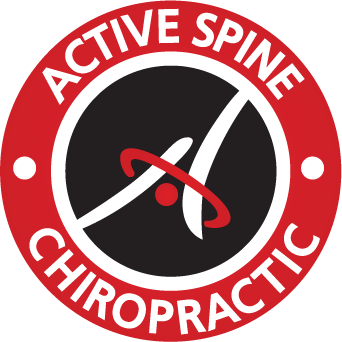 Alzheimer’s Disease
Alzheimer’s Disease
In the intricate web of neurological disorders, Alzheimer’s disease stands out as one of the most challenging puzzles researchers strive to unravel. With each discovery, we inch closer to understanding its complex neuropathology. Recent studies have shed light on a compelling correlation between Alzheimer’s disease and deficiencies in vital antioxidants, namely lutein, zeaxanthin, lycopene, tocopherols, and retinol.
Antioxidants
Antioxidants play a crucial role in protecting brain cells from oxidative stress, a process implicated in the development and progression of Alzheimer’s disease. Lutein and zeaxanthin, known as macular pigments, are primarily found in the retina. Most importantly, these macular pigments also exist in the brain, where they serve as potent antioxidants. Lycopene, abundant in tomatoes and other red fruits, demonstrates neuroprotective properties by scavenging free radicals. Tocopherols, a class of compounds including vitamin E, shield cell membranes from oxidative damage. Retinol, a form of vitamin A, contributes to cognitive function and neural health.
Research
Research indicates that individuals with lower levels of these antioxidants are more susceptible to Alzheimer’s neuropathology. Reduced lutein and zeaxanthin levels have been associated with poorer cognitive performance and increased risk of Alzheimer’s disease. Similarly, researchers have linked greater cognitive decline and neurodegeneration to inadequate intake of lycopene. Furthermore, deficiencies in tocopherols and retinol have been implicated in the impairment of cognitive function and synaptic plasticity, hallmark features of Alzheimer’s disease.
The Link
Understanding the link between antioxidant deficiency and Alzheimer’s neuropathology opens new avenues for potential interventions and preventive strategies. Incorporating antioxidant-rich foods into daily dietary habits may offer protective benefits against cognitive decline and neurodegeneration. Foods such as leafy greens, colorful fruits and vegetables, nuts, seeds, and whole grains are excellent sources of antioxidants. They help provide your body with lutein, zeaxanthin, lycopene, tocopherols, and retinol.
Supplements
Moreover, supplementation with antioxidants may hold promise as an adjunctive therapy for individuals at risk of or living with Alzheimer’s disease. However, researchers need to conduct further studies to determine the optimal dosage and formulation of antioxidant supplements for neuroprotection.
Conclusion
In conclusion, the intricate interplay between Alzheimer’s neuropathology and antioxidant deficiency underscores the importance of a balanced diet rich in essential nutrients. By nourishing our bodies and brains with the right fuel, we empower ourselves in the fight against Alzheimer’s disease and pave the way for a brighter, healthier future.
About the Author
Dr Spencer Charlet
Mooresville Chiropractor
704-663-7625






